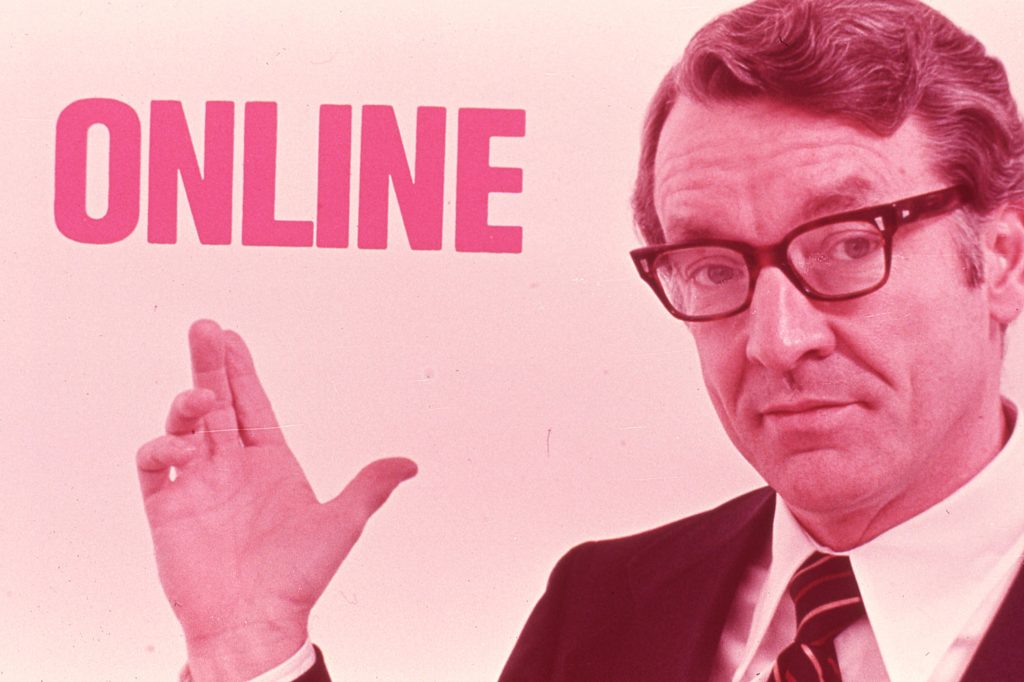
They don’t show up. Missing the opportunity that comes with global connection is the biggest mistake medical professionals make. The easiest way to begin to avoid mistake 1 is to take care of mistake 2.
They fail to complete public profiles You can immediately control what people find on the first page of Google in under an hour by completing your LinkedIn and Doximity profiles. If you are willing to do nothing else, do this.
They fail to take their public presence seriously. If they show up, they don’t spend any time. What you write, record or talk about is what the world will understand about you before they ever meet you. Put something into it.
They take it seriously and then they don’t. Maybe they take it seriously by creating a blog, Facebook community or whatever and then let it go as a ghost town 6 months later. The only mistake worse than not having a presence is having a shell of a presence.
They don’t have a purpose. Some of my peers take the plunge, go public and actually do a pretty good job. But they never zero in on what they want there. It’s easier when you have a purpose.
They depend upon static sites. Most physicians were raised in the age where an Internet presence was a static property. Beyond a place to park your phone number and some information about your practice, static websites have become a thing of the past. Put down roots in the dynamic places where your patients and peers collect like Facebook, Twitter and Instagram. Use these spaces to expand your reach.
They think they can only talk about health. There are lots of things that need dialog and discussion. Health is only one of them. Think advocacy, policy, technology, IT, political action.
They think patients care about their surgical center. No one cares about your office or surgical center except you and your accountant. Bring value for the patients online and the patients will find you in real life. It’s no longer about you.
They believe that online is different from offline. The line between online and IRL is becoming harder to identify. We have to begin to see our online presence as reflective of our offline presence. And visa versa.
They try to stop public dialog. People are talking about you and not all of it’s good. Get over it. You can not stop dialog. But you can join it. And shape it.
What mistakes have you seen? What mistakes have you made?
Explore other 33 charts posts on reputation and digital footprint on the Digital Footprint tag. Every post has tags that will help pull you to other writing that might interest you.
Image via Jeff Horsager/Flickr. An image recovered from a 1975 presentation at IBM